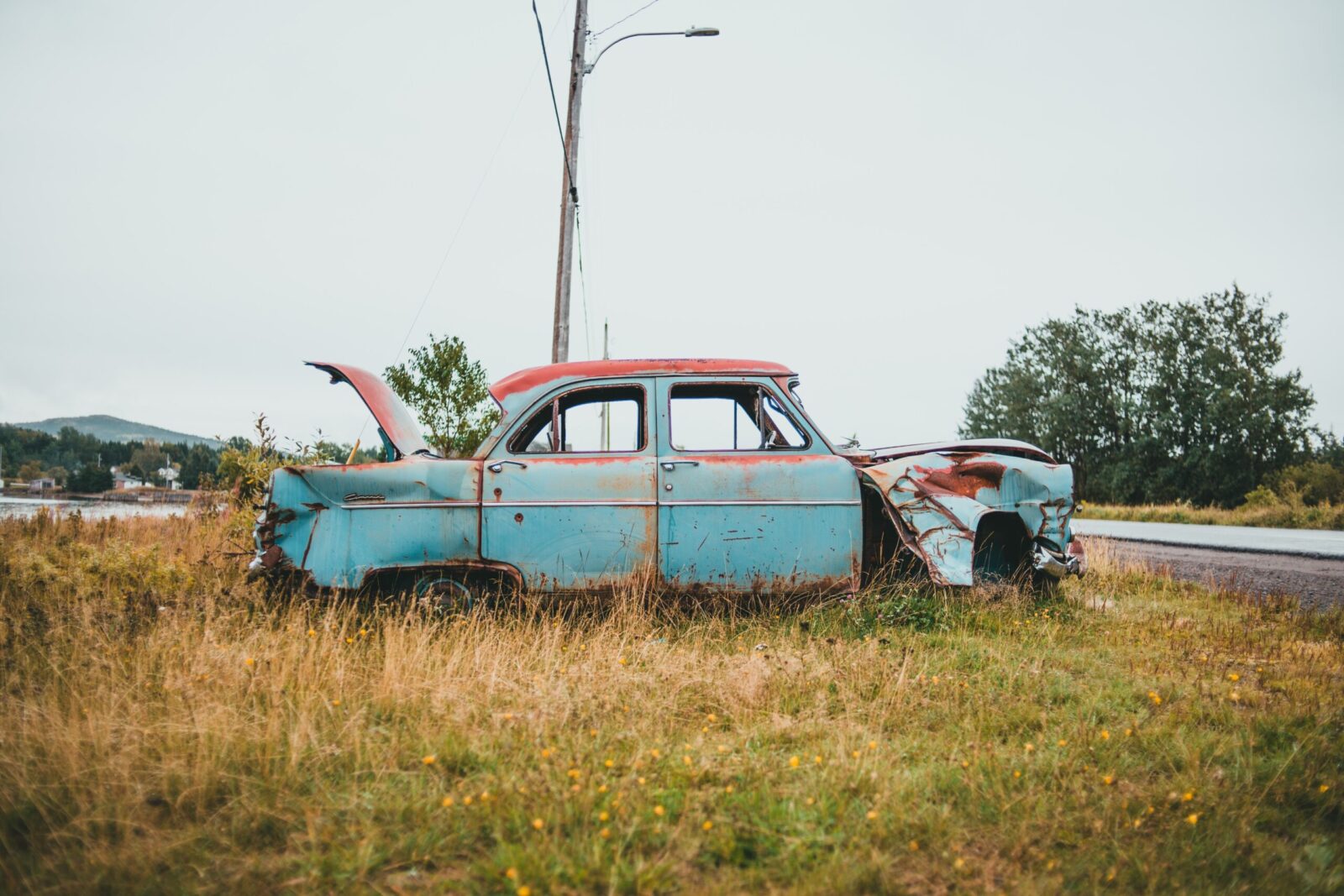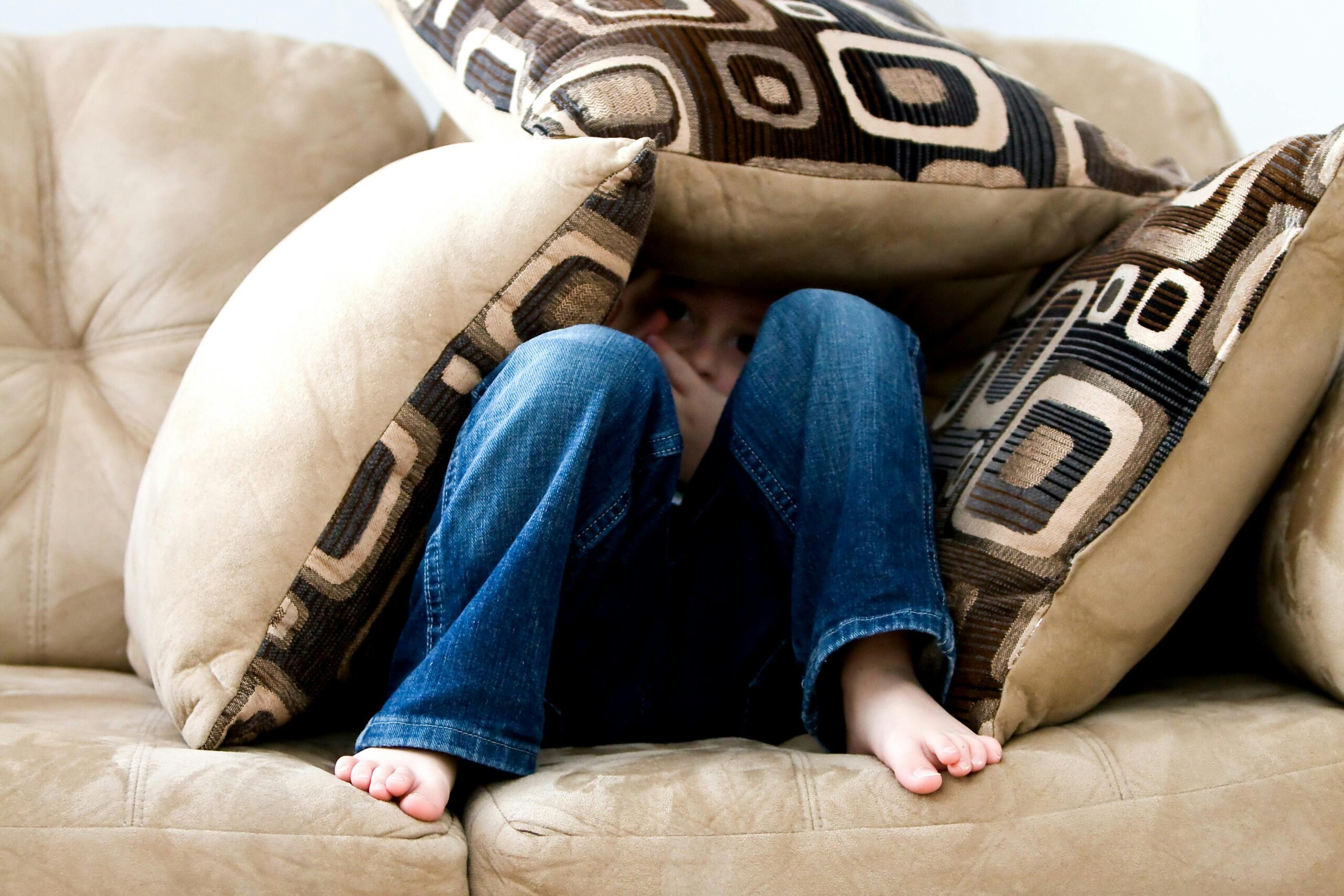
Can I Lose my House Due to At-Fault Car Accident?
1. Introduction: Understanding the Consequences of At-Fault Car Accidents
Car accidents can be a traumatic experience, especially if you are at fault. Not only do you have to deal with the physical and emotional aftermath of the accident, but you may also face legal and financial consequences. If you own a home, it’s important to understand how an at-fault car accident can affect your property and finances. In this article, we will explore the liability for property damage that homeowners face after an at-fault car accident, insurance coverage options, and steps you can take to protect your home. By understanding these consequences, you can better prepare yourself and take action to safeguard your home and assets.
2. Liability for Property Damage: How it Affects Homeowners
When a car accident occurs, the at-fault driver is responsible for any property damage caused by the collision. This means that if you are involved in an accident and found to be at fault, you may be liable for any damage caused to another person’s property, including their home.
For homeowners, this can have serious financial consequences. If your car damages someone else’s property, you could be facing a significant bill for repairs or replacement. In some cases, the cost of repairing or replacing damaged property can run into thousands of dollars.
It’s important to note that liability for property damage doesn’t just apply to damage caused to other people’s homes. It can also include damage to other structures, such as fences, sheds, and garages. Additionally, if the accident causes damage to personal belongings, such as a car parked in a driveway, the at-fault driver may be liable for those damages as well.
Homeowners who are found to be at fault for an accident that causes property damage may be sued for damages. This can result in a court judgment against the homeowner, which could lead to wage garnishment or even the forced sale of their home.
Understanding the potential consequences of at-fault car accidents and liability for property damage is essential for homeowners. By taking steps to protect themselves and their assets, homeowners can avoid financial ruin in the event of an accident.
3. Insurance Coverage: What Homeowners Need to Know
Homeowners need to understand their insurance coverage in the event of an at-fault car accident that causes property damage. Most homeowner’s insurance policies include liability coverage, which can help cover the cost of repairs or replacement for damaged property. However, it is important to note that this coverage typically has limits and may not cover all damages.
It is recommended that homeowners review their insurance policy to understand the extent of their liability coverage and any limitations or exclusions. Additionally, homeowners may want to consider purchasing additional liability coverage or an umbrella policy to provide extra protection in case of a major accident.
It is also important to note that filing a claim with your homeowner’s insurance for property damage caused by an at-fault car accident may result in higher premiums or even cancellation of your policy. Homeowners should weigh the potential cost of filing a claim against the cost of paying for damages out of pocket.
Overall, understanding your insurance coverage and taking steps to protect your home after an at-fault car accident can help mitigate the financial consequences of property damage.
4. Protecting Your Home: Steps to Take After an At-Fault Car Accident
After an at-fault car accident, homeowners need to take steps to protect their homes from potential liability and property damage. The first step is to contact your insurance company and report the accident. Your insurance company will investigate the accident and determine if you are liable for any damages.
If you are found to be at fault, your insurance company will pay for the damages up to the limits of your policy. However, if the damages exceed your policy limits, you may be personally responsible for paying the difference. This is why it’s important to have adequate insurance coverage.
To protect your home from potential liability, you should also consider purchasing an umbrella insurance policy. An umbrella policy provides additional liability coverage beyond the limits of your standard homeowners or auto insurance policy.
In addition to insurance coverage, it’s important to take steps to prevent future accidents. This may include installing security cameras or motion-sensor lights around your property, or adding barriers such as fences or walls to prevent vehicles from entering your yard.
Overall, protecting your home after an at-fault car accident requires a combination of insurance coverage and preventative measures. By taking these steps, homeowners can minimize their liability and protect their homes from potential damage.




